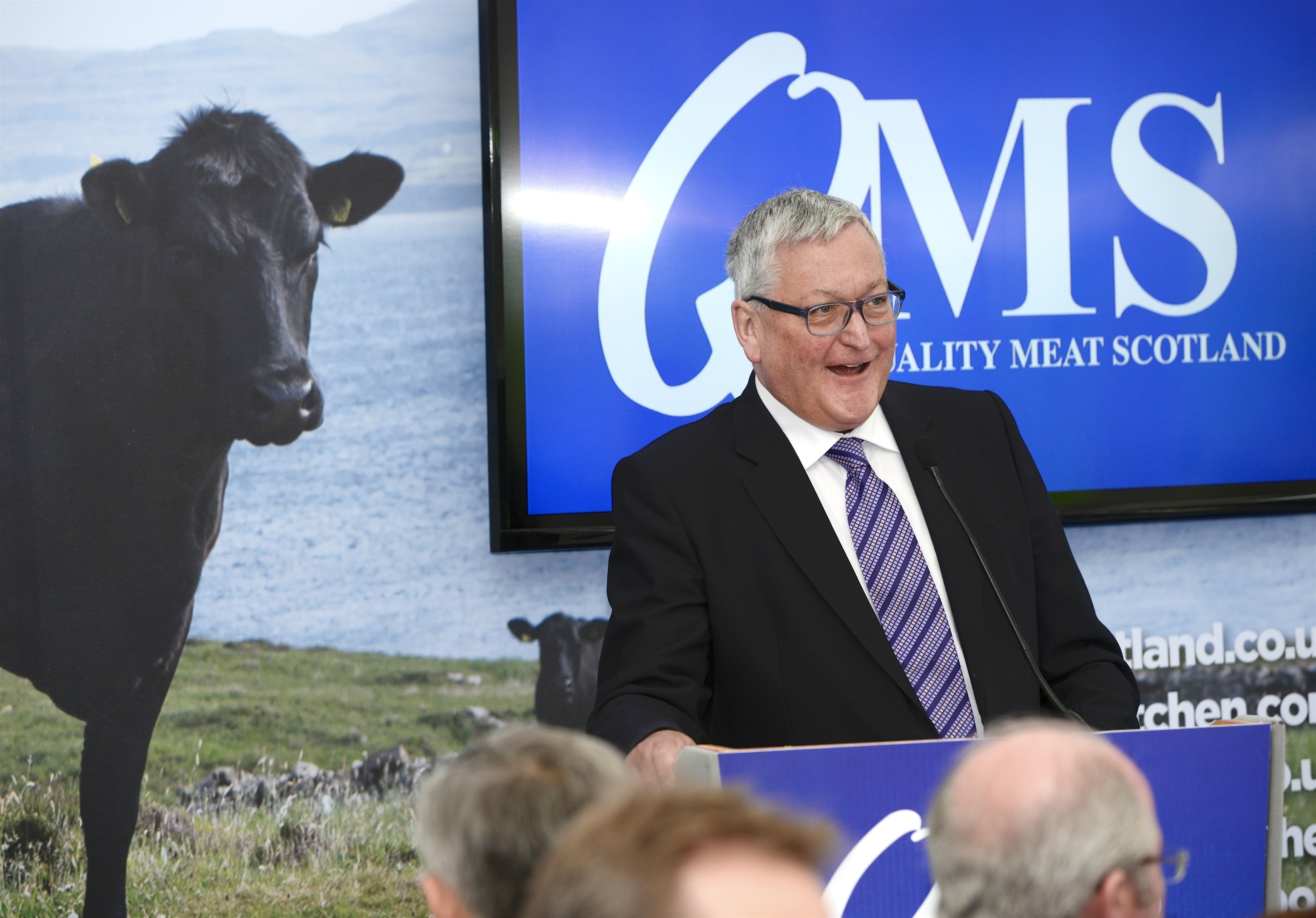The time for talking is over.
That was the response of farming politicians on the opening day of the Royal Highland Show after the Scottish Government announced the formation of yet another rural talking shop on Brexit.
The frustration over a lack of Government direction boiled over at an NFU Scotland (NFUS) briefing where union president Andrew McCornick condemned a year of “too much politicking and procrastination”.
Just an hour earlier Rural Secretary Fergus Ewing had announced a new National Council of Rural Advisers to make recommendations on future policy and support, and to produce a report in around 12 months time. It will be co-chaired by Lorne Crerar, chair of Highlands and Islands Enterprise, and Alison Milne, an agricultural policy consultant.
The move was dismissed by the union’s chief executive Scott Walker who described the number of people already engaged in talking about Brexit as a “very crowded landscape”.
He pointed out that as well as the new National Council, four farming “champions” had already been appointed by Mr Ewing and various individual review groups were engaged in similar work.
“Talking shops are great and I’m sure they’ll come out with ideas, but we want action,” he said.
“Instead of sending farmers half a dozen mixed messages, send them a very clear message that you want production and you want production to be profitable. That’s what will get the industry behind it and put confidence into farming.”
Meanwhile NFUS used the occasion to launch its own discussion document for a post-Brexit agricultural policy.
Mr McCornick said he was “frustrated and disappointed” that there had been no significant movement by Government over the last 12 months and described his document as a “bare skeleton” to be fleshed out by the union membership.
The document will be the stimulus for discussion and debate at agricultural shows, conferences and regional member meetings for the rest of the year.
“A year on from the Brexit vote and our politicians have delivered little in terms of certainty or stability around the process. What is clear to all, though, is that change is inevitable but that change must be managed and not chaotic,” he said.
“Starting now, the opportunity exists to develop a different, refreshed system which, by 2027, can create opportunities for the people who rear and grow our food to have a prosperous, profitable future and to contribute even more to Scotland’s success.”
Mr Walker added: “The key thing is to get the Government mindset shifted away from Europe. We need to have the mindset, ‘It’s up to us now – just do something’.”
nnicolson@thecourier.co.uk










